European Capital of Culture Cities - some highlights
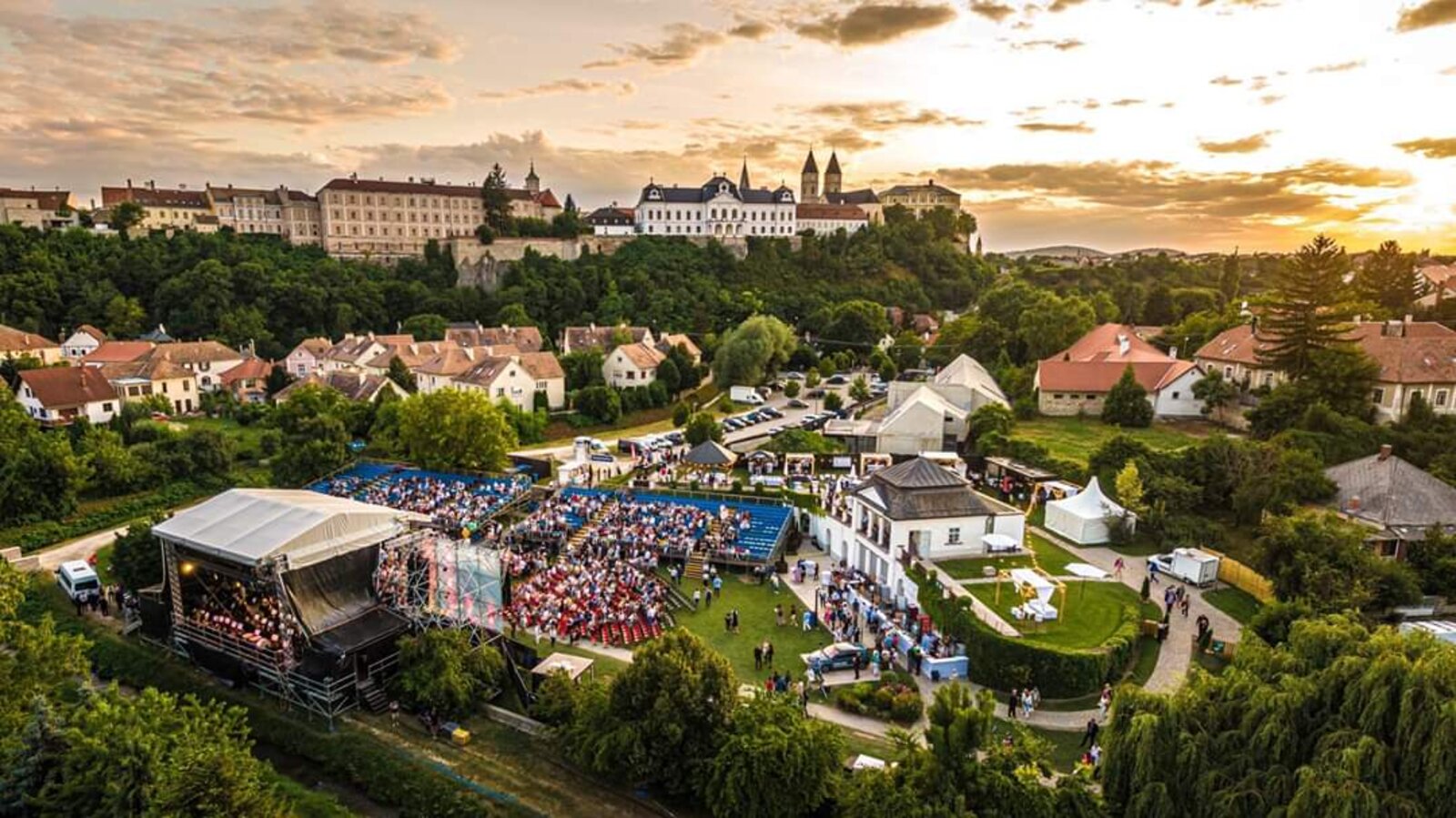

Wroclaw 2016 – Poland
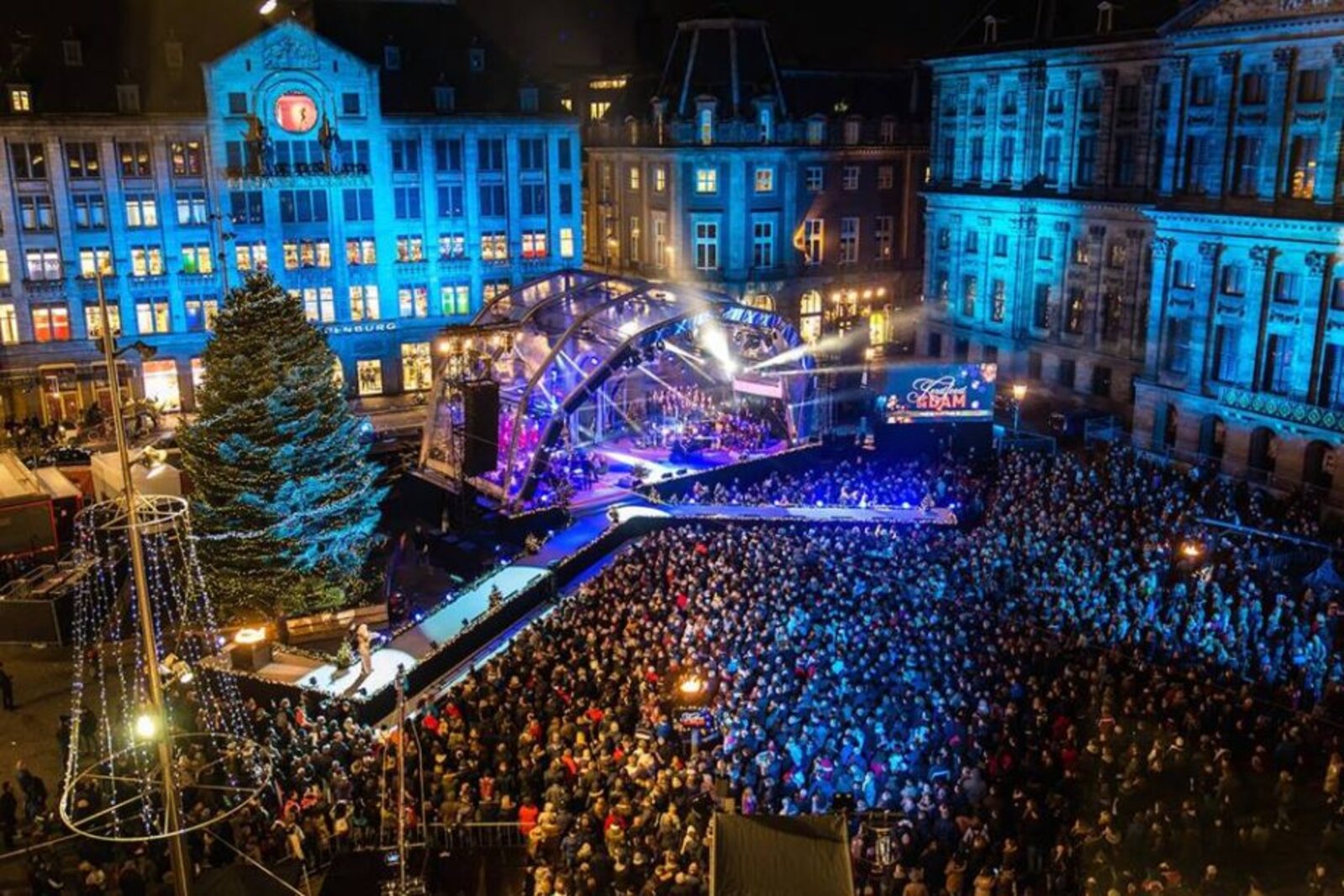
“Wrocław entered the competition for the title of European Capital of Culture 2016, because it has a story to tell… A story which is unusual, tragic and intriguing. After years of prosperity and development, there had been disaster at an unimaginable scale. The Second World War left the city utterly ruined – both physically and spiritually. It lost citizens who had been creating its greatness for many generations. Wrocław 2016 means a process. A diversity of autonomous curators and of cultural environments. Building at once a programme and a chance to participate in it. And finally – it means many ways of understanding culture, and also of undertaking the shared task of developing through it.”
Matera 2019 – Italy
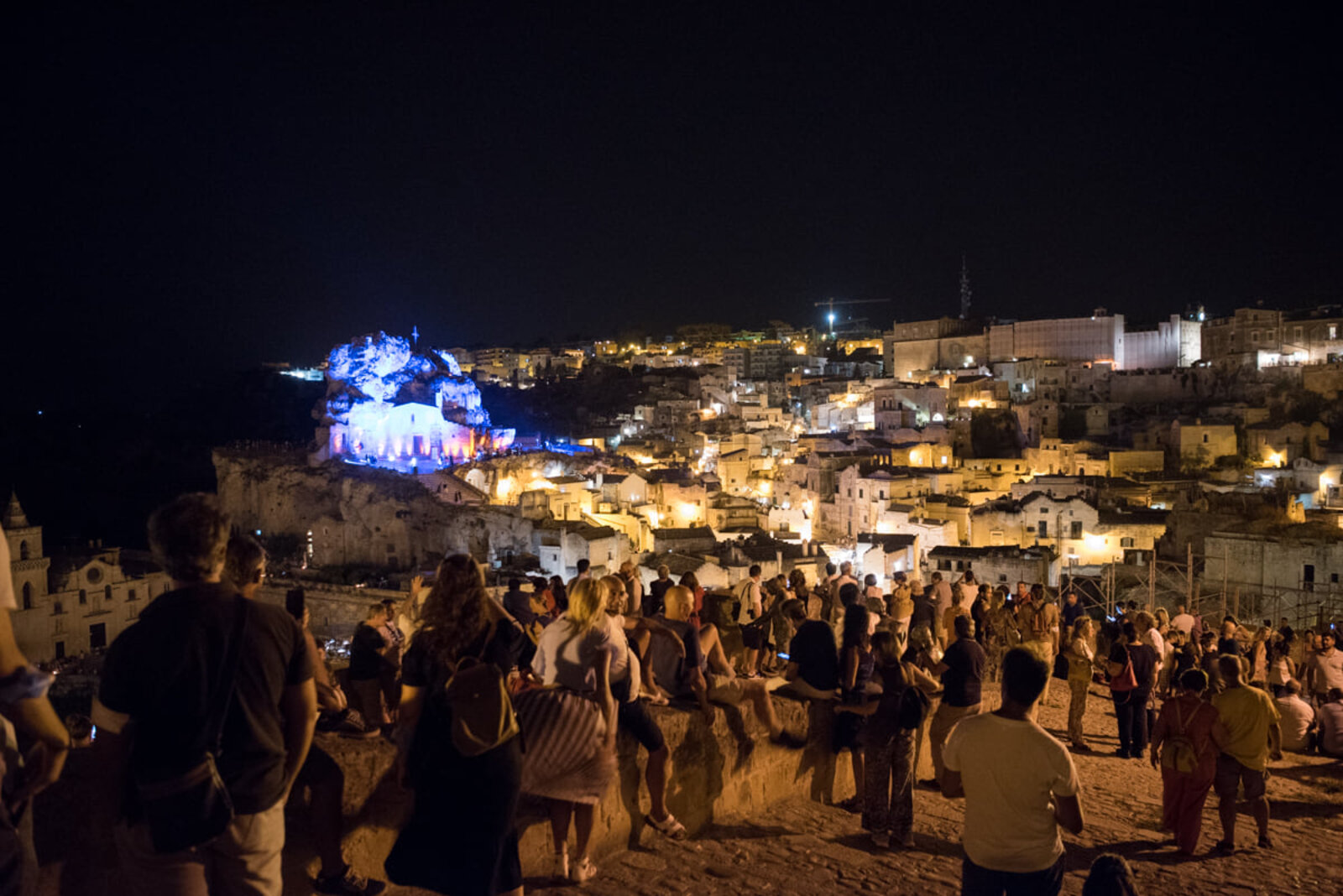
“It is important to project into the future what Matera 2019 has meant for Europe. Matera's experience can and must be considered as a model for future European capitals of culture, for everything it has brought into play, in particular the involvement of the population and the concepts of inclusion and the awarenessthat culture must be accessible to all. As has been repeatedly acknowledged by external observers, thanks to the work carried out both during the candidacy phase and during the year as capital, Matera 2019 has become a model for European capitals of culture because it is the city that has been able to get involved more than others through multidisciplinary activities, through solid citizen participation and through a culturalprogramme that was 85 percent their own original projects.”
Galway 2020 – Ireland
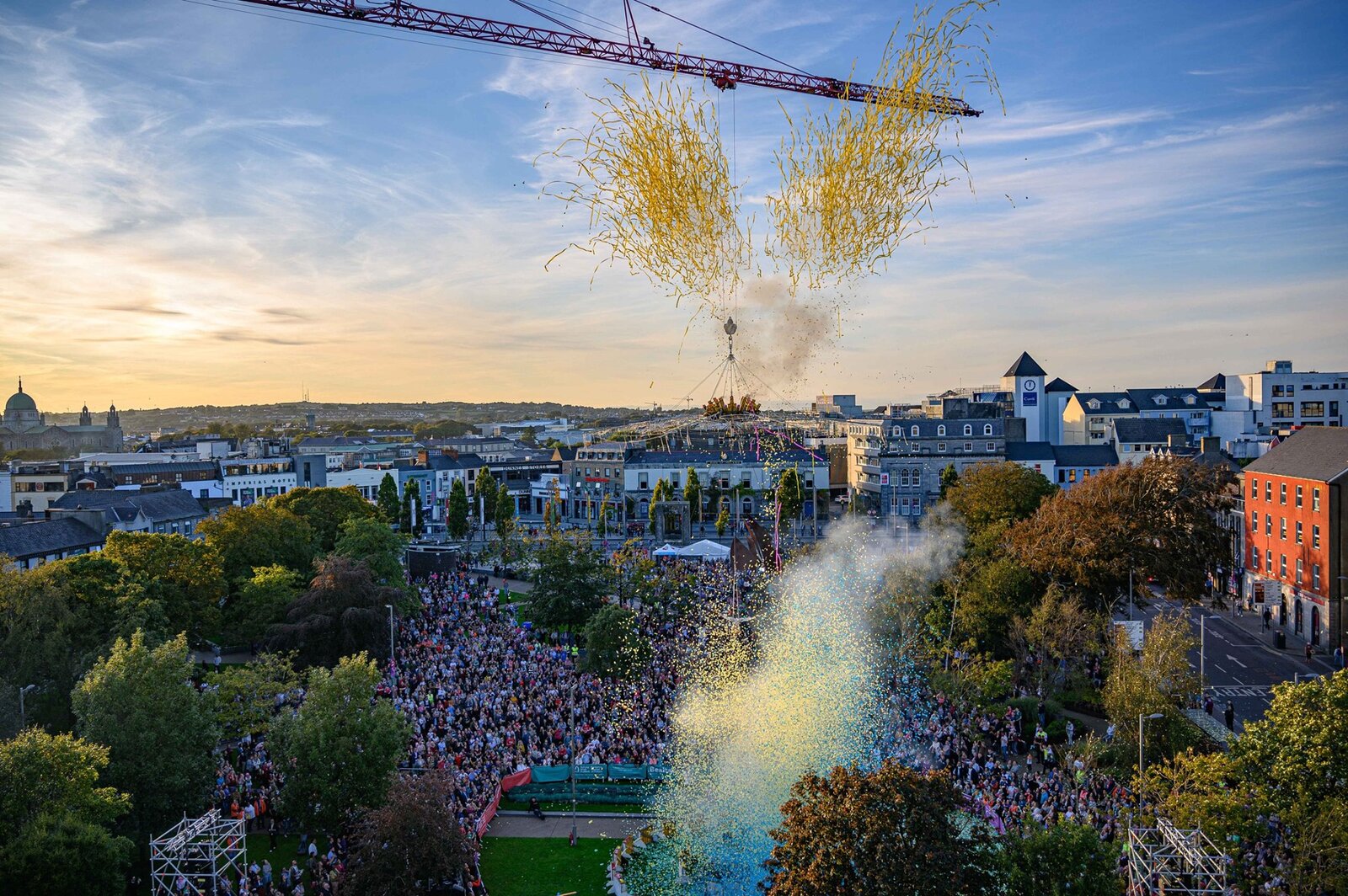
“Galway’s time as European Capital of Culture formally concluded at the end of April 2021 and the focus has now shifted to legacy and identifying the legacy opportunities that exist for Galway having held this prestigious title.
Galway’s special year was significantly impacted by the COVID-19 global pandemic. Whilst many amazing events were held in 2019 and early 2020, unfortunately, they were not able to host all of the cultural events that they had planned for the year. However, despite the challenges of the pandemic Galway’s artists, cultural organisations and local communities still delivered a large, diverse and truly innovative programme of both in-person and online events.”
Rijeka 2020 – Croatia
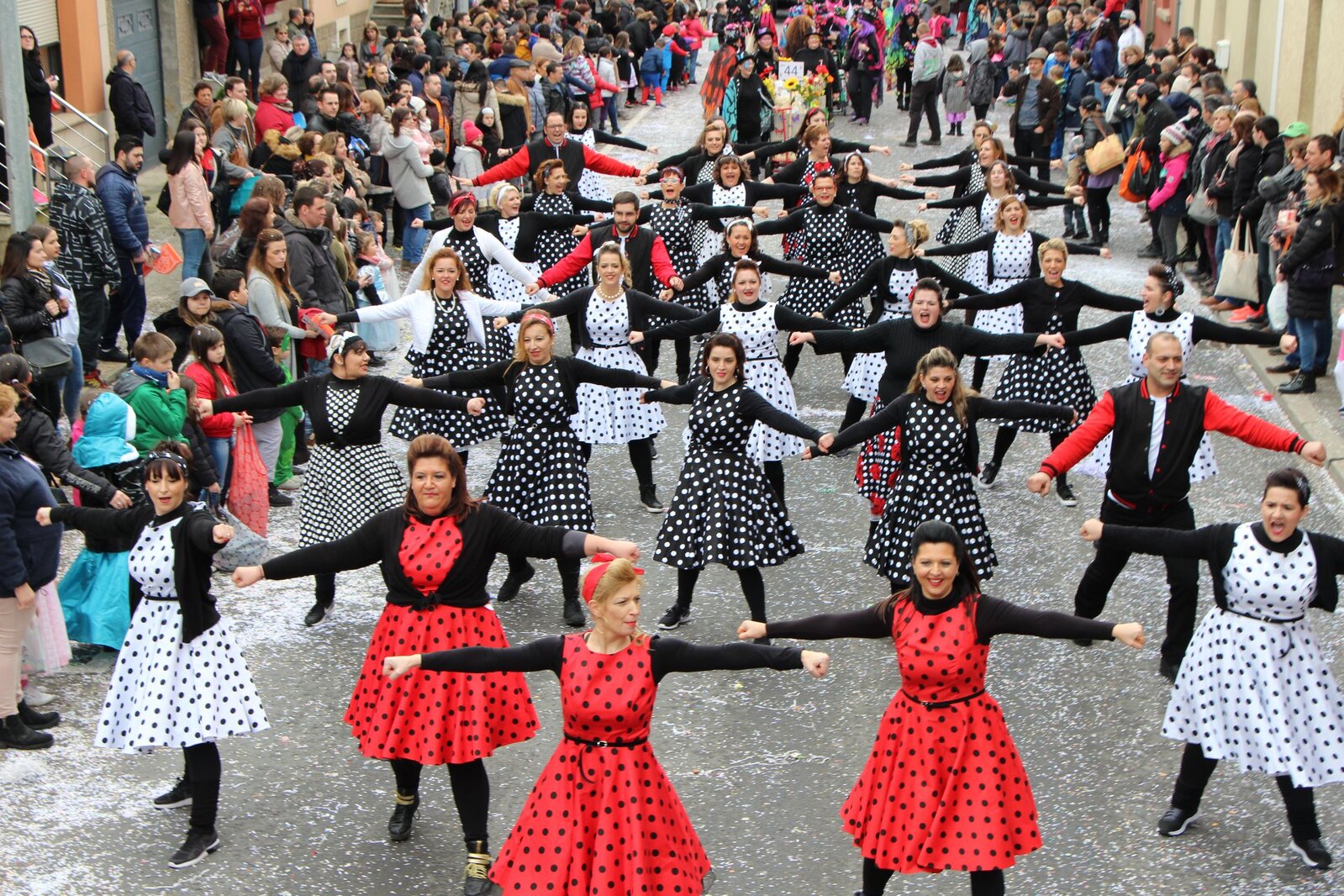
“In 2020, during the Croatian EU Presidency, Rijeka, as the largest Croatian port, became the centre of a significant and extensive culture and arts programme and the host city for the best and most interesting artists from the global, Croatian and European cultural scenes – in the same year when it was the European Capital of Culture. Immediately after submitting their candidacy,
Rijeka approached the ECoC project taking into account its transformation as much as the culture and arts programme and the context of the future cultural offering of the city, as well as the people who will continue developing culture even after 2020. After 2020, Rijeka will permanently remain on the map of the European Capitals of Culture alongside cities whose citizens feel at home anywhere in Europe.”
Esch 2022 – Luxemburg
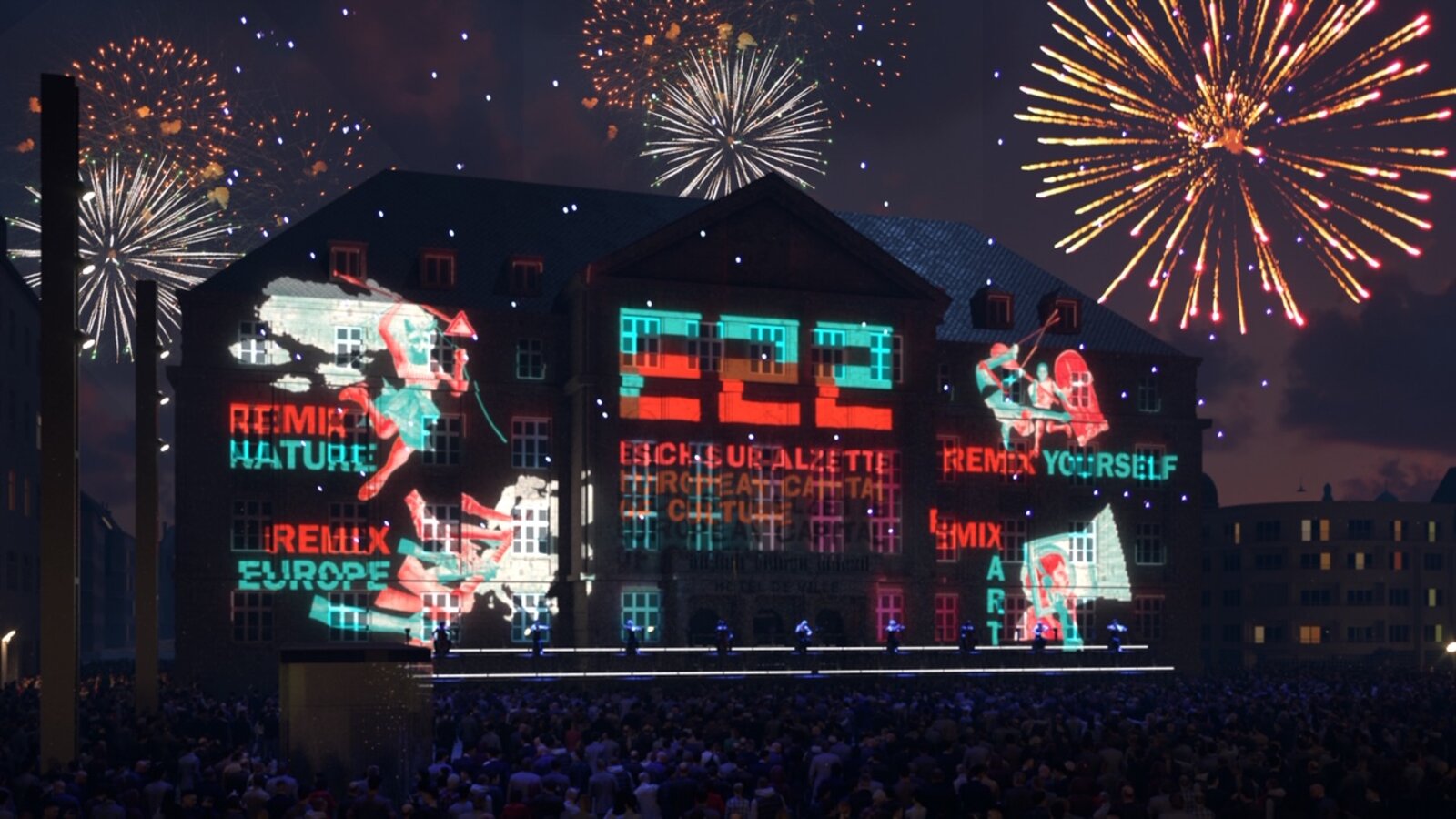
“In 2022, together with 10 PRO-SUD municipalities, and 8 municipalities in France, in the Communauté de Communes Pays Haut Val l’Alzette (CCPHVA), Esch-Alzette, Luxembourg’s second largest city is the European Capital of Culture. Esch2022 transports the heritage of Esch-Alzette, the Pro-Sud and CCPHVA communities of the steel and coal industry, into a new era.
Esch, the future Capital of Culture, is based on the motif of the REMIX, an impulse to act together, a combination of old and new, a mixture of the known and the never-seen-before – with the aim of creating something new, for a sustainable, social and successful future for our region.
Esch2022 shares this title with Kaunas, the second largest city in Lithuania and Novi Sad, the second largest city in Serbia, which will be partner cities for Esch2022.”
Kaunas 2022 – Lithuania
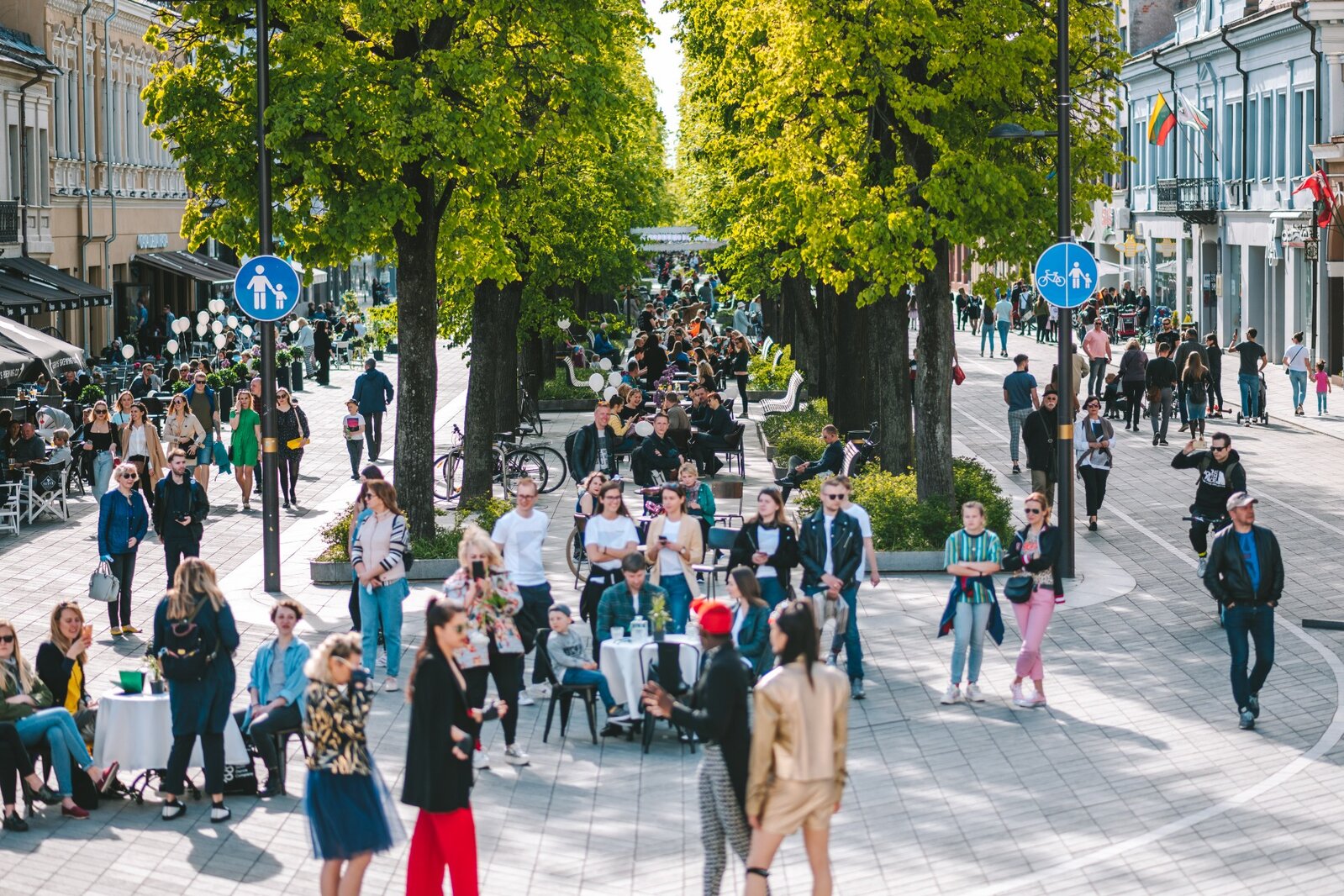
“Kaunas and Kaunas district is to become one big European stage in 2022.
The change has taken place; the city, together with smaller towns surrounding it and the communities that make up the body and soul of Kaunas, have all activated themselves. The celebration of the uprising and creating the new history of Contemporary Capital are the key topics for 2022.
The grand opening of “Kaunas 2022” was scheduled for January 22, 2022; around 40 festivals, more than 60 exhibitions, more than 250 stage events, and more than concerts occured in Kaunas and Kaunas District in 2022.”
Veszprém-Balaton 2023 ECoC is in collaboration with Kaunas 2022 on several projects such as the Jazz Stops Festival and the LituaniaCantat Festival among others.
Novi Sad 2022 – Serbia
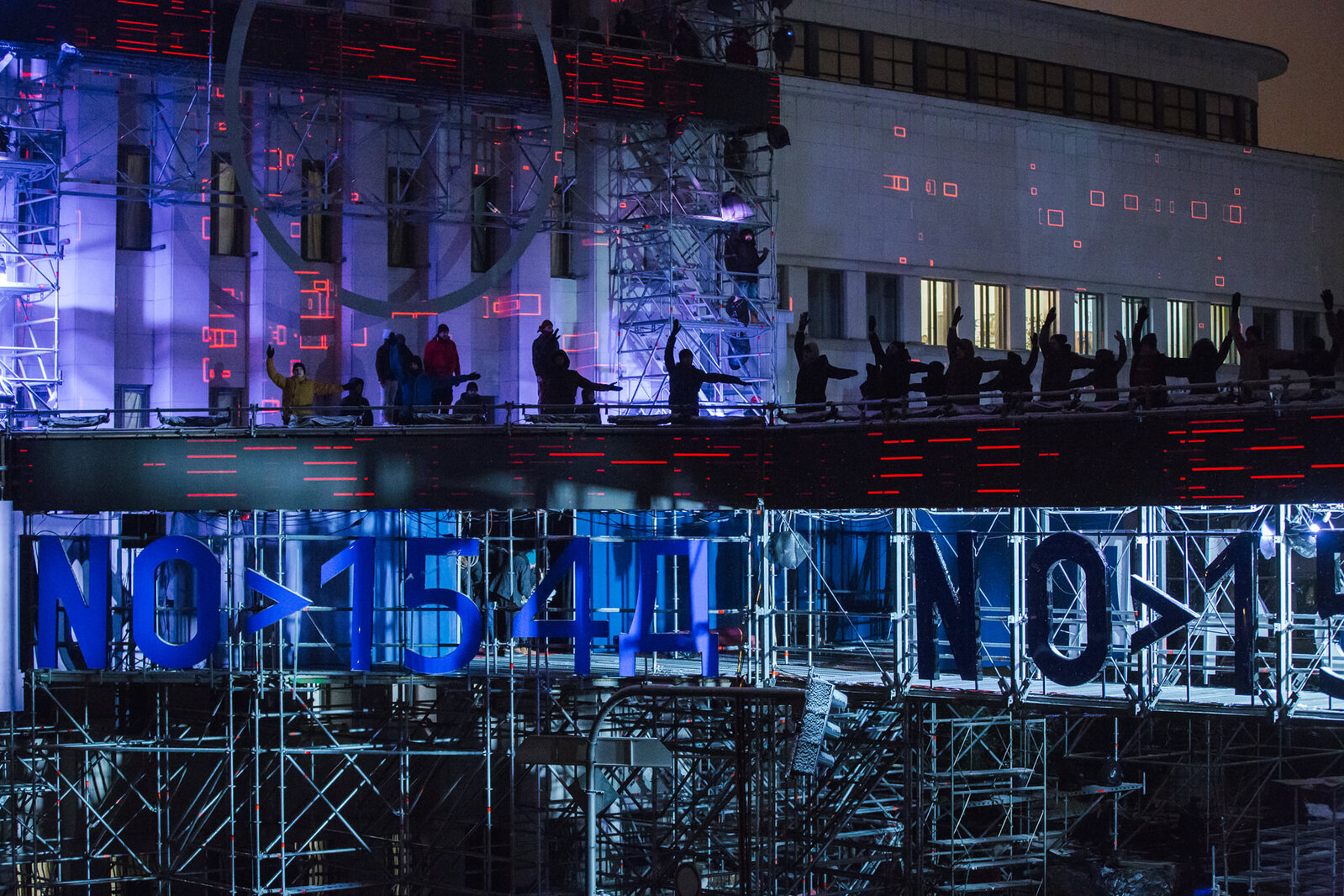
“Novi Sad is among the first cities outside the European Union to be declared the European Capital of Culture and thus became one of the 60 cities that took this title, fostering the richness of diversity and interculturalism. The main idea of the ‘4 New Bridges’ programme narrative aims to leave Novi Sad firm legacies that improve the cultural life of the city: new programmes, new processes, involved people (citizens, cultural institutions, associations, organisations, artists) and new spaces for culture. That is exactly why the vision of the project is: ‘The Beginning of New. Now!”
Veszprém-Balaton 2023 ECoC is in collaboration with Novi Sad 2022 on several projects. Artists from Veszprém and our region are participating in the MigrArt Exhibition and on the JazzMarathon Music Festival among many other programmes in 2022.
Timisoara 2023 – Romania
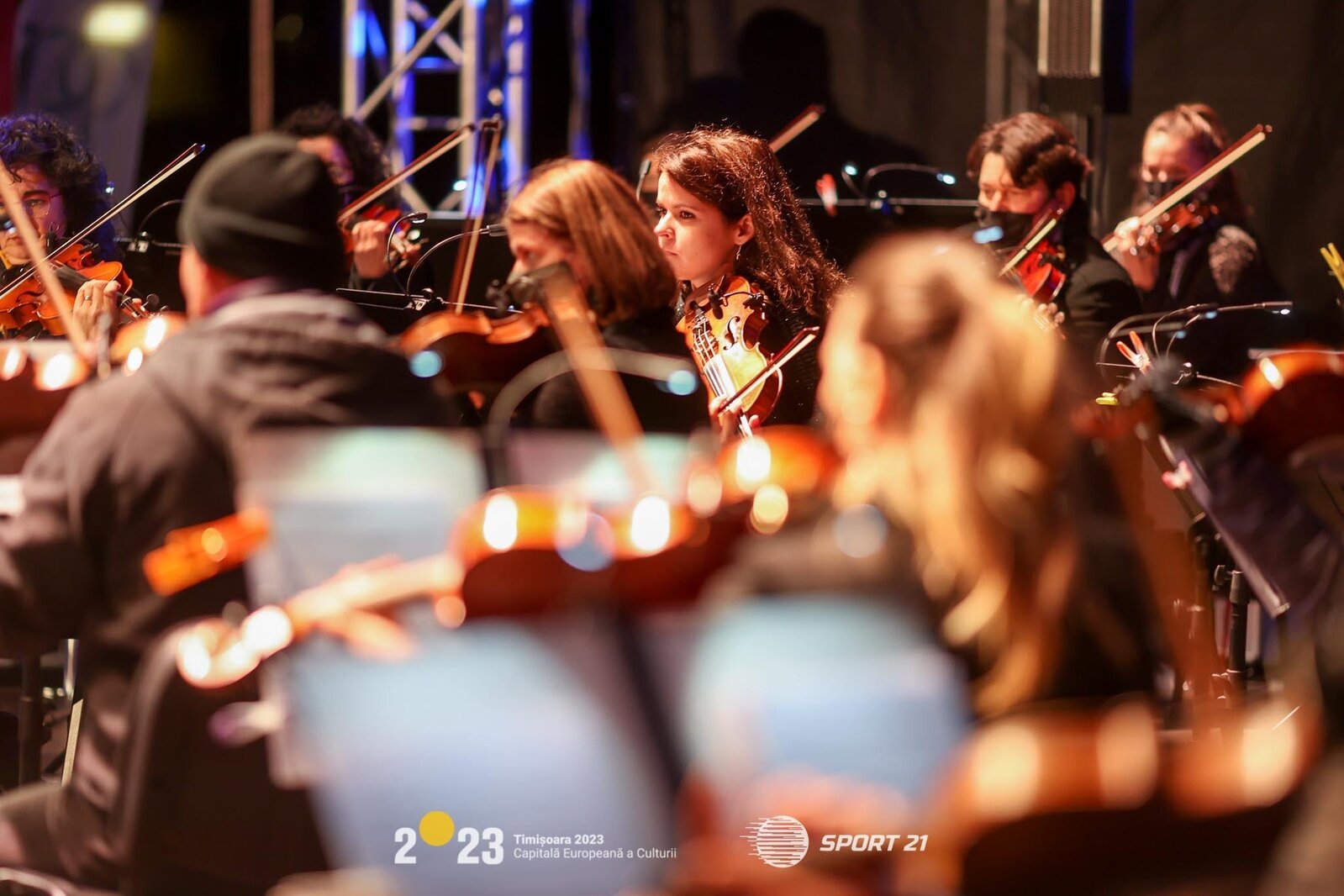
“The European Capital of Culture is more than a symbolic distinction, because this competition has brought in the winning communities not only unique cultural projects, but also economic and social progress. Timișoara, after Sibiu, is the second Romanian city to obtain this title. The extension of the period in which the event takes place will offer European visitors the opportunity to discover one of the most beautiful and full of history Romanian cities.”
Elefsina 2023 – Greece
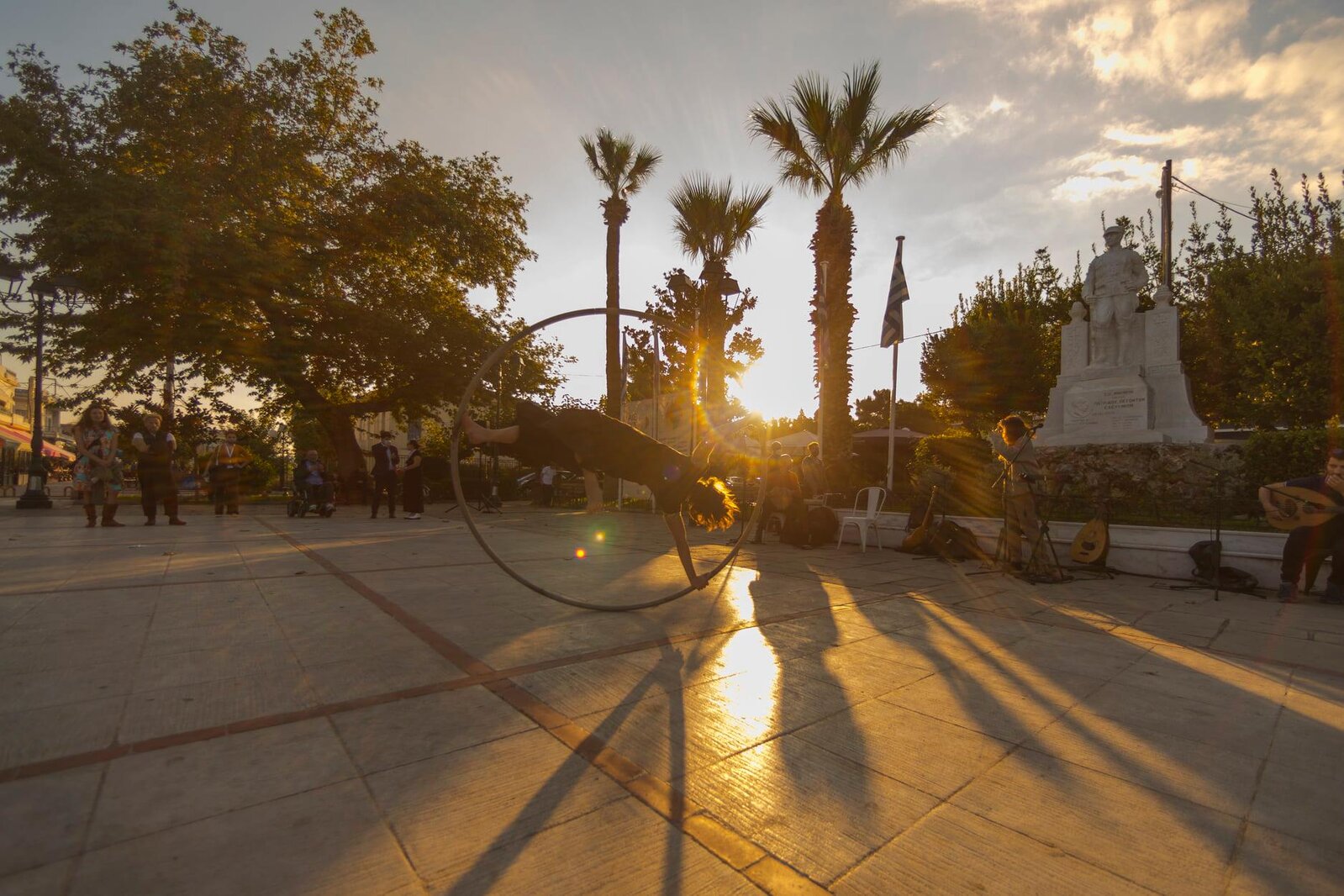
“The image of Elefsina as a city that has been hit hard by industry, remains dominant in public perception. 2023 Eleusis European Capital of Culture seeks to unveil the invisible side of Elefsina, marking a new era for the city and its transition to a new model of development, focusing on its dynamic cultural assets.”
In 2023 we are tightly cooperating with Timisoara and Elefsina as our title partners on many levels such as communication and programme development.
Tartu 2024 – Estonia
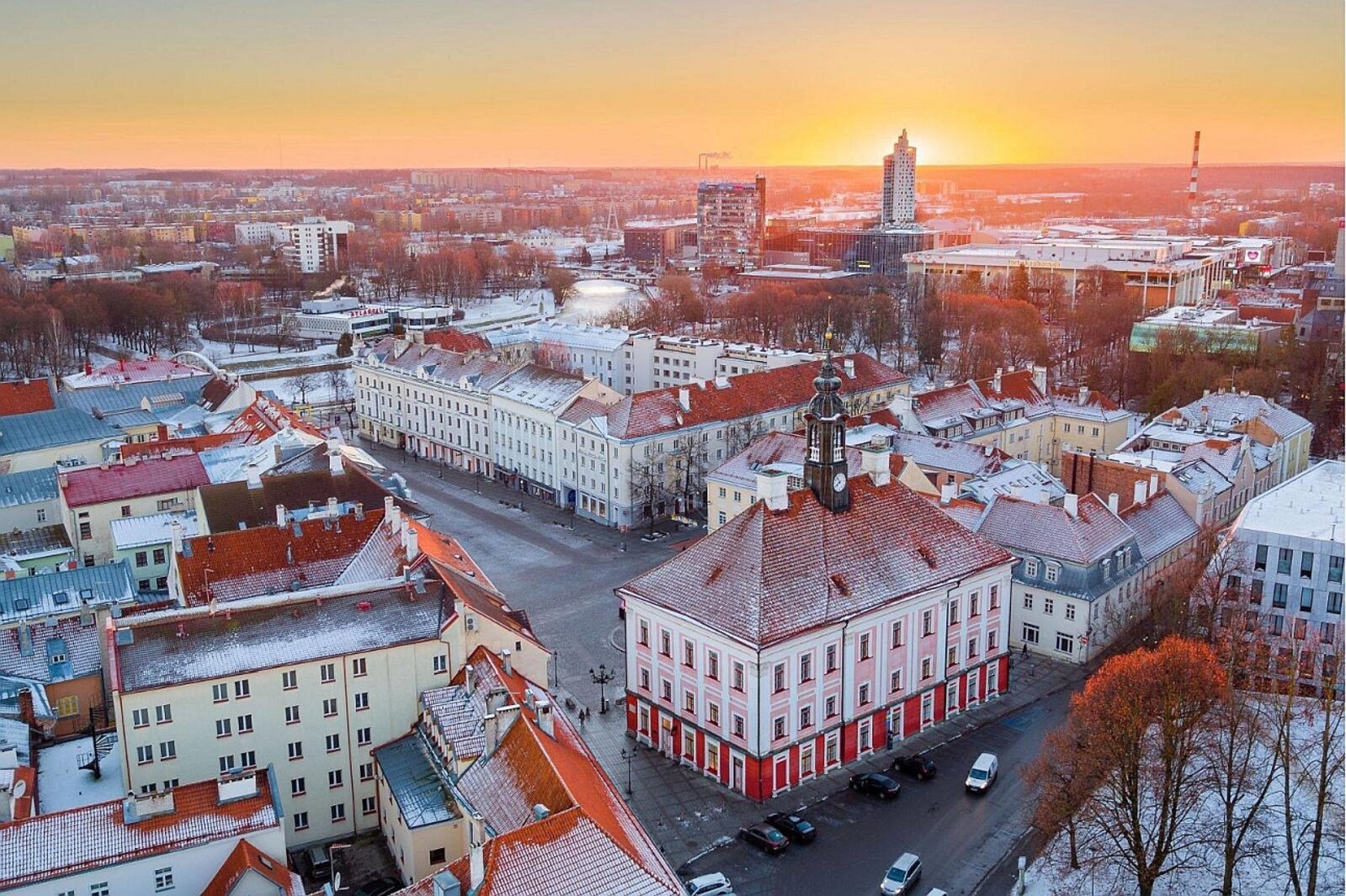
“The title of European Capital of Culture (ECoC) is an immense opportunity and a great challenge for Tartu and Southern Estonia. The project is designed to be carried out by our today’s and tomorrow’s cultural operators: artists, organisers, institutions and creative entrepreneurs. The Arts of Survival is the artistic concept of the European Capital of Culture Tartu 2024. Arts of survival are the knowledge, skills, and values that will help us lead a good life in the future. City of Tartu together with 19 Southern Estonian municipalities were awarded the title of European Capital of Culture 2024 on August 28, 2019.”
The partnership with Tartu is particularly important, since this is the earliest town-twinning agreement of Veszprém.
Bad Ischl 2024 – Austria
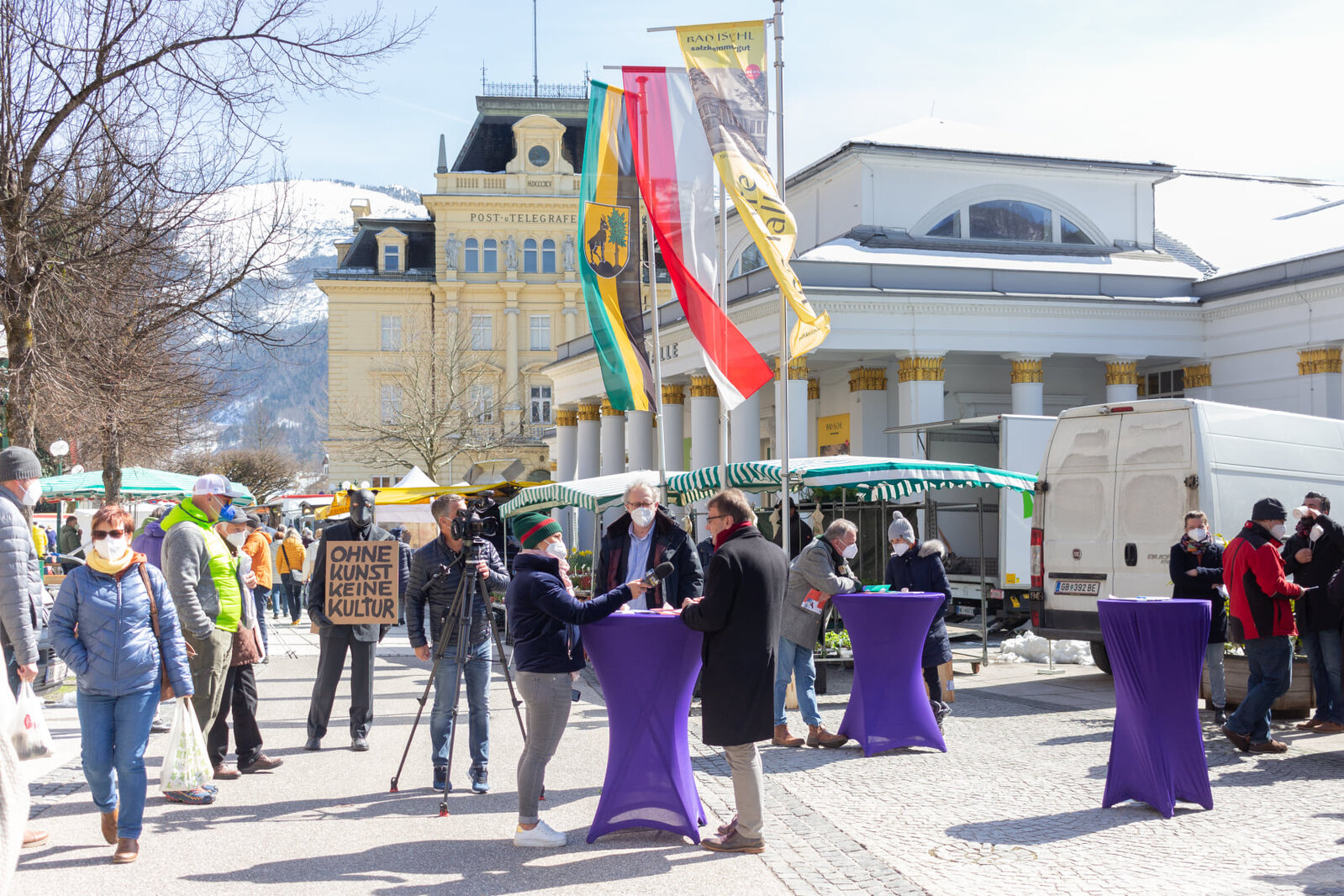
“In 2024, Bad Ischl and the Salzkammergut will be European Capital of Culture (ECoC). It will be the first time that ECoC is taking place in an inner-alpine rural region. 23 municipalities between Roitham/ Traunfall (Upper Austria) and Bad Mitterndorf (Styria) are part of the ECoC-Region.
Their vision is to create an “inclave” of art and culture in the Salzkammergut. The word inclave is a combination of two terms – enclave and inclusion. Two opposing poles merge and create something new: the vision of the inclave.”
Bodo 2024 - Norway
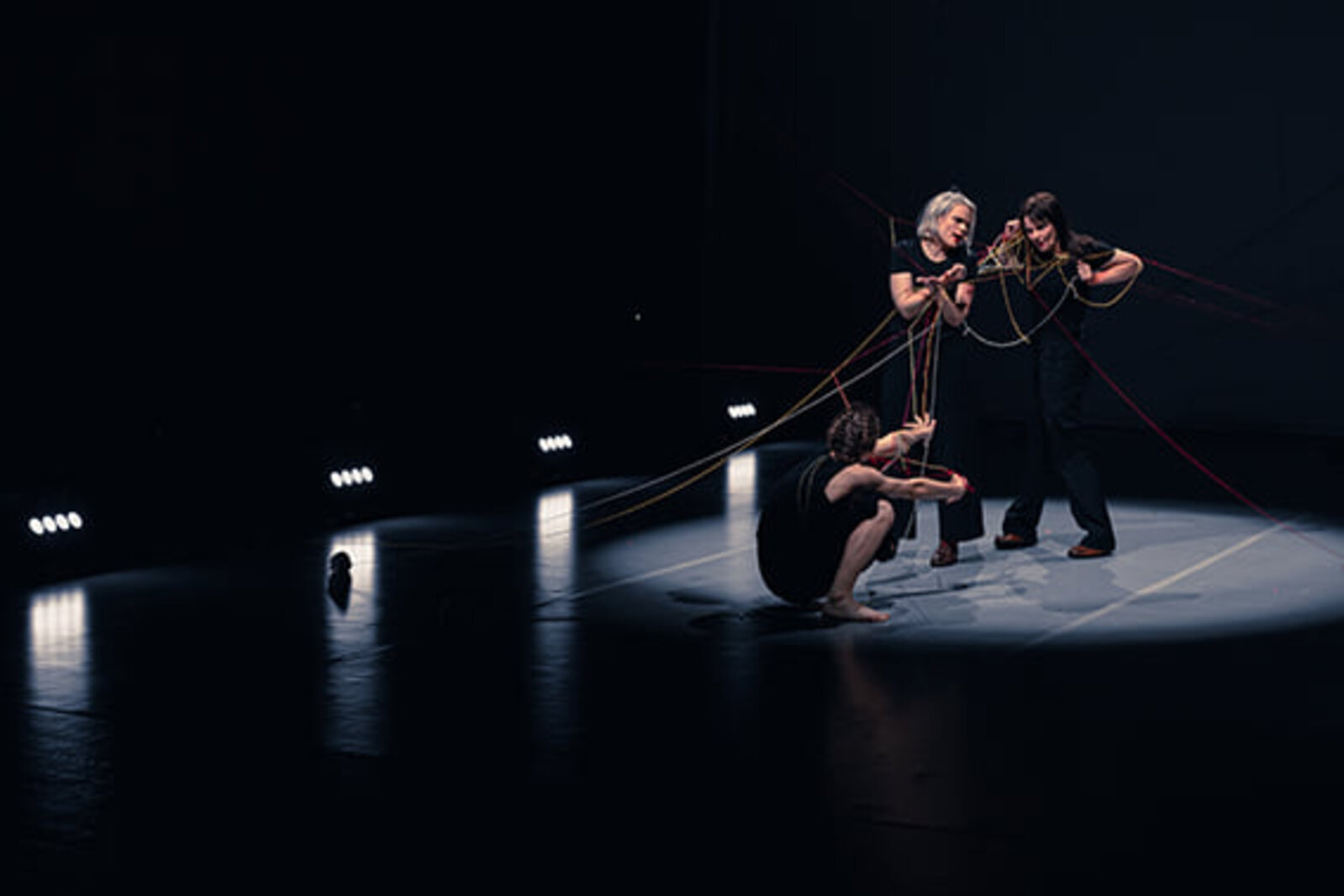
“Nordland is a 500 km long stretch of resourceful land. Traveling through Nordland by road from north to south is a 800 km trip. This tells the story of a region where nature – mountains and fjords – are in charge, and why our coastal culture is so important to us. All regional centres have important cultural assets and histories, and all are an important part of their ARCTICulation. ”Bodø’s bid is titled ARCTICulation, a title developed from the terms arctic, art, culture and communication. bidding programme has three main themes: the art of nature, fish and ships, and transition. This simbolises the ARCTICulation from a cold war target to a European cultural hub. They are articulating an arctic perspective on today and tomorrow through borderless culture. With respect for our histories, the land and the sea, aiming for new horizons.
Chemnitz 2025 - Germany
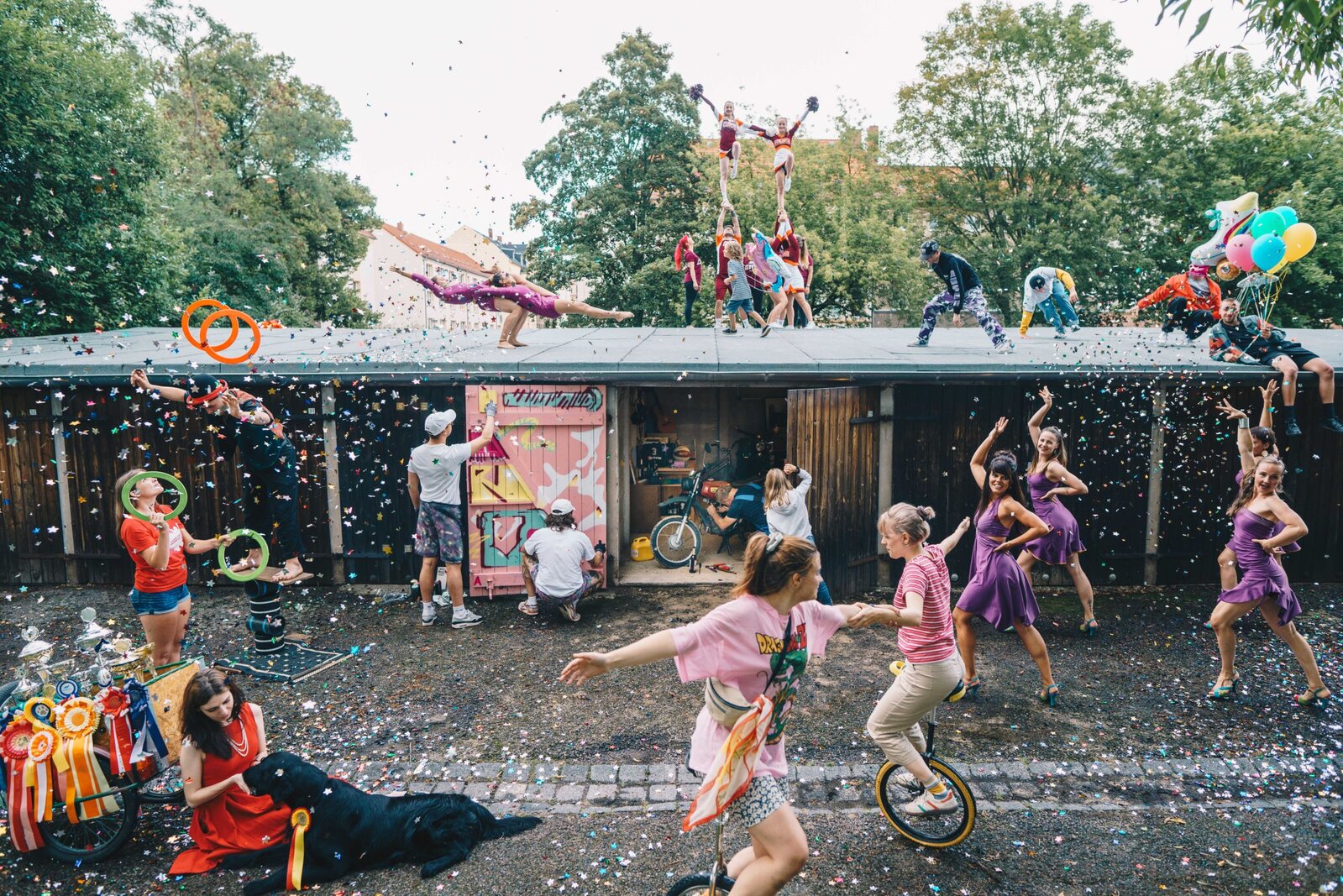
“If Chemnitz has anything in its blood, it’s new Beginnings (AUFbrüche): Germany’s leading industrial city at the start of the 20th century, Central Eastern Europe’s leading mechanical engineer during the Cold War, and emerging medium-sized economic hub since the turn of the millennium. Nevertheless, the city’s fractured history has also carved deep notches that can still be felt today. Three different city centres in 70 years, two different names, various social systems – Chemnitz is still searching for its identity and self-image. The application to become European Capital of Culture in 2025 will be an important contribution to this search.”
Nova Gorica / Gorizia 2025 - Slovenia
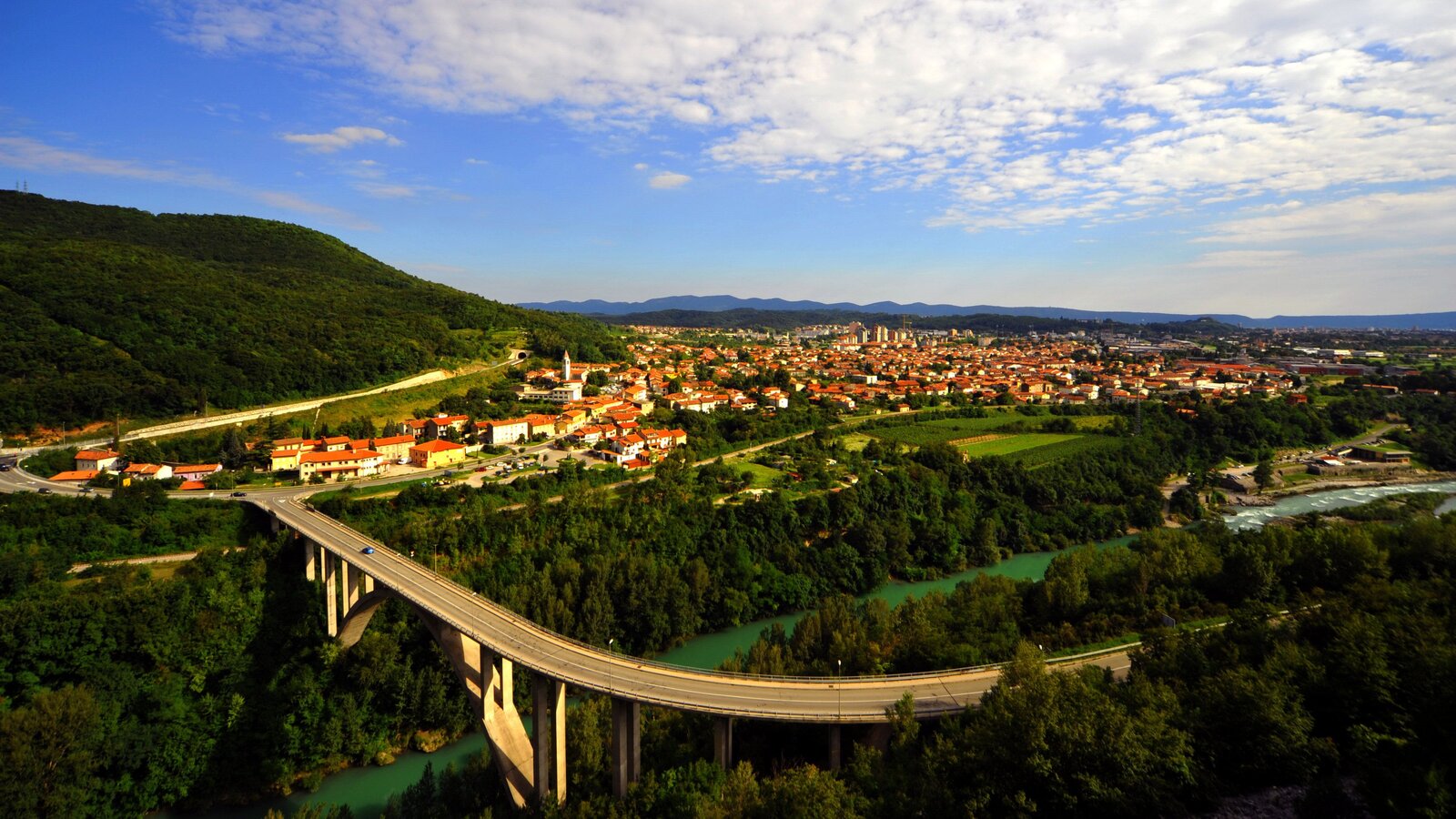
“In December 2020 Nova Gorica & Gorizia convinced the international jury with their GO! Borderless story and vision and have since been nominated as Slovene European Capital of Culture 2025. Nova Gorica and Gorizia strive and dwell together: dived by wars, but untied by friendship and intense cooperation, the two cities set for themselves the ambitious goal to become a cross-border European Capital of Culture.”
Oulu 2026 – Finland
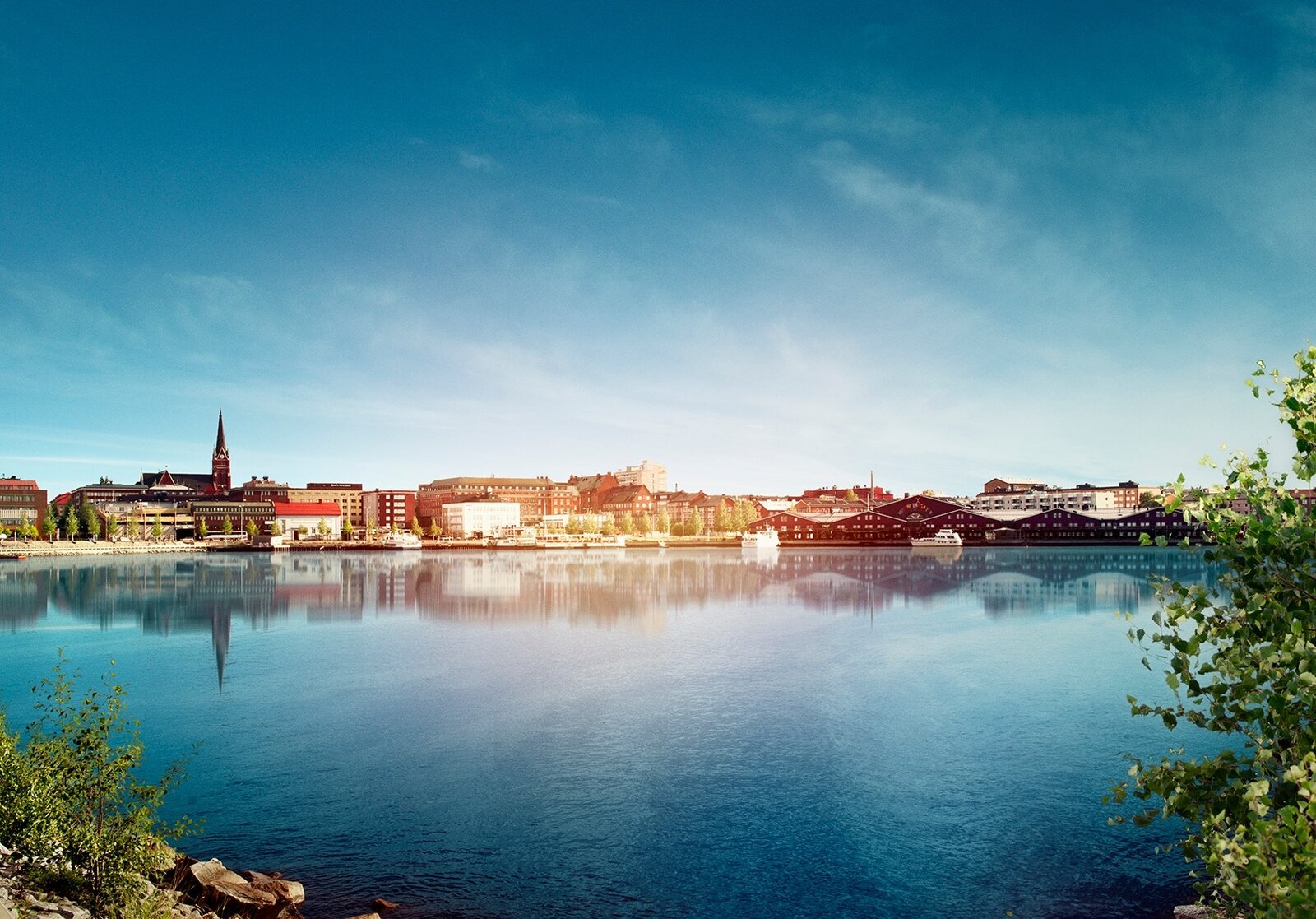
“Oulu is the European Capital of Culture in 2026! Together on Oulu’s journey is 32 municipalities from Northern Finland. With co-operation they want to bring to the North more culture and wellbeing, create new jobs and develop their region. The City of Oulu is the capital of northern Finland. The Oulu Region has about 250,000 inhabitants and it is the fastest growing region in Finland. The City of Oulu itself has over 200,000 inhabitants. There are good opportunities for studying, working and research and development.”
Trencin 2026 – Slovakia
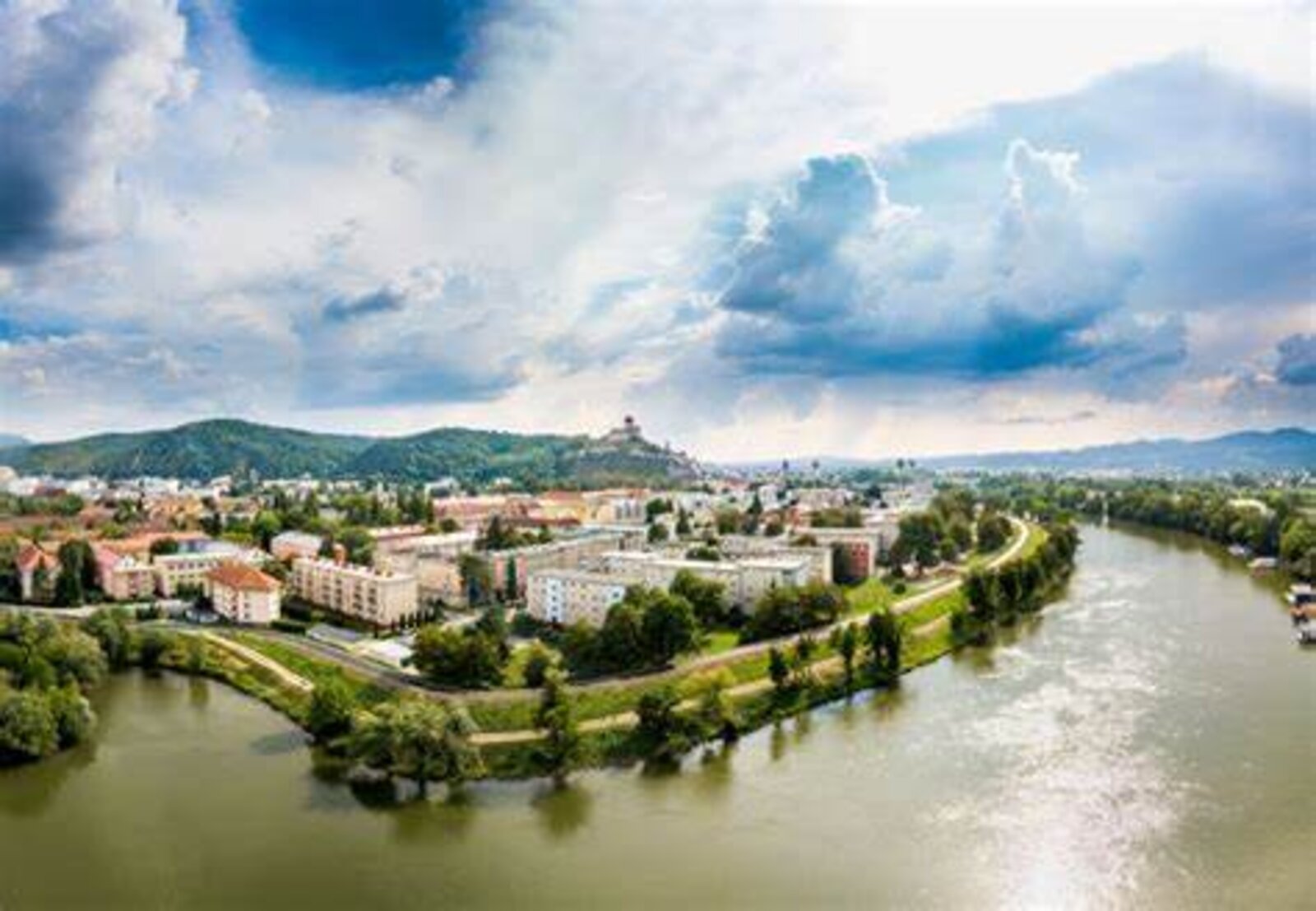
“A nationwide stereotype that culture always comes last and gets cut first is often reflected in the priorities of our cities and regions. We need Cultivating Curiosity to be our cultural cure and technique to address this issue. Curiosity is powerful yet free, and it can be used from the smallest doses and sustainably grow into something exciting.”


